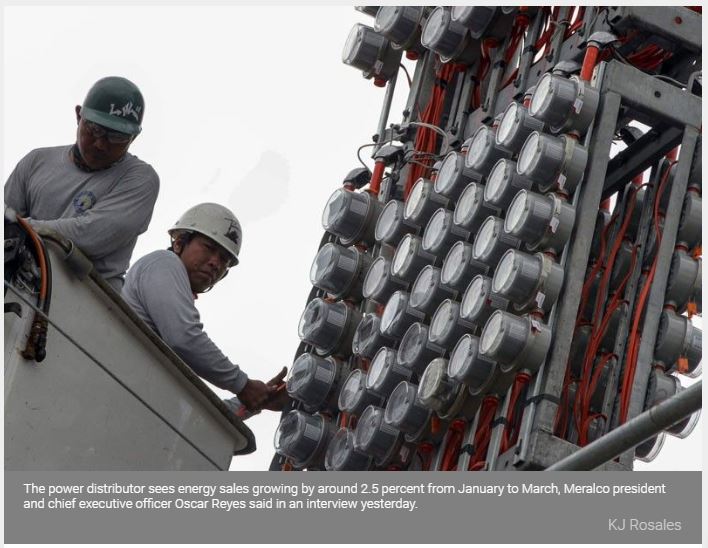Philippines: Trade data discrepancy worsens in 2018
MANILA, Philippines — The discrepancy in the trade data recorded by the Philippines as against figures reported by its trading partners worsened in 2018 due to lapses in the collection of export data, the Department of Finance (DOF) said yesterday.
Comparing data from the International Monetary Fund (IMF) Direction of Trade Statistics and the Philippine Statistics Authority (PSA), Finance Undersecretary and chief economist Gil Beltran said Philippine trade data discrepancy in 2018 rose to 26.8 percent from 25.1 percent in 2017.
Trade data discrepancy occurs when trade data reported by a country differs from those reported by its trading partners. This happens due to a variety of reasons, including timing differences, smuggling, valuation differences, differences in the treatment of re-exports and transshipment, wrong attribution, and misinvoicing.
According to Beltran, the increase in trade data discrepancy last year was brought about mainly by the 30 percent disparity in the exports trade data declared by the PSA versus the volume reported by foreign countries.
This is higher than the 22.9 percent export data discrepancy recorded in the previous year.
Beltran also said that while the PSA reported a 1.8-percent decline year-on-year on exports last year, data from trading partners indicated an 8.2 percent increase in imports from the Philippines.
“This implies data collection problems on exports,” Beltran said in his latest economic bulletin.
On the other hand, the DOF official said import data discrepancy in 2018 improved further to 24.6 percent compared to 26.7 percent in the previous year.
“The drop in trade discrepancy data for imports indicates the upgraded capability of tax collectors to assess and collect properly tax revenues from taxpayers,” he said.
Going forward, Beltran said there is still a need for the government to improve its data collection efforts. One way to do it, he said, is through the utilization of TradeNet.
“Automation of trade processes through the TradeNet will further reduce trade data discrepancy, improve revenue collectors’ capabilities and at the same time, facilitate trade,” Beltran said.
TradeNet was established to enable traders to apply for import and export permits online, and allow regulatory agencies to receive applications and send feedback real-time.
The platform is seen to minimize the cost of doing business and cut the processing time for the issuance of import and export permits.
It is also intended to serve as the Philippines’ link to the ASEAN Single Window, a regional initiative that aims to speed up cargo clearances and promote economic integration by enabling the electronic exchange of border documents among Southeast Asian countries.
Source: https://www.philstar.com/business/2019/03/20/1902860/trade-data-discrepancy-worsens-2018#fvymyk0pL5taOmEr.99


 Thailand
Thailand




